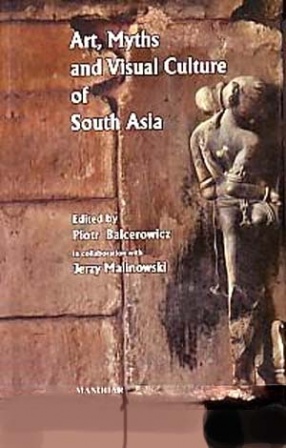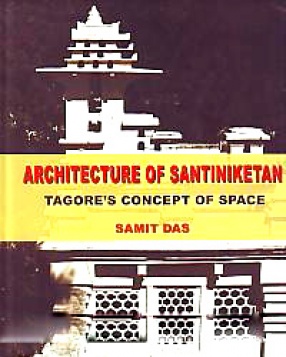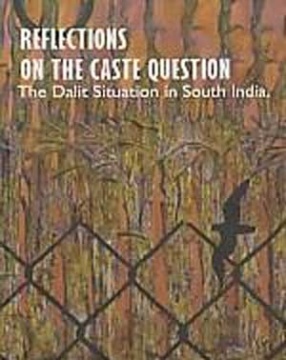There is no human phenomenon which is more baffling than Suicide. It has always puzzled and intrigued the thinking mind that man, in a moment of frenzy, should kill himself and in one stroke end that mighty dream of his-the life-which he has so selfishly built. To this day, there is not a single undivided opinion on suicide. Some have commended it: others have condemned it. Even our ancient seers and philosophers have taken sides on the issue. But suicide has continued unabated and so also its implications on society. Here is an illuminating book which has this unusual subject as the topic of its study and tackles it from every conceivable angle. In it, origins of suicide have been traced in history, both remote and recent; its religious manifestations have been discussed in detail; its modes, past and present, as current in various lands, have been outlines; views, for and against, have been presented and statistics quoted. More than all, it emphasises the need for positive action in India in planning and executing measures to curb the evil of self-annihilation.
ABOUT THE AUTHOR Upendra Thakur
Dr. Upendra Thakur (1928-1990) worked as Professor and Head of the Department of Ancient Indian and Asian Studies (1969-1990) and as Head of the Department of Buddhist Studies (1984-90) at the Magadh University Bodhgaya and as Director, Nava Nalanda Mahavihara (Nalanda Pali Institute), Nalanda (No. 1988-Jan 1990). A widely traveled scholar, Professor Thakur visited Yugoslavia, West Germany, Italy, Austria, USSR, England and Egypt (1969); Thailand, Laos, Vietnam, Cambodia and Burma (1972, 1977, 1979 & 1984); Australia (1979); Malaysia (1980); Japan and USA (1981); Sri Lanka (1982); Kathmandu (1981 & 1985); London and Hamburg (1981 & 1986) and other countries of the world in connection with lecture-tour, international conferences and seminars. He also presided over many seminars and conferences in India and abroad. Professor Thakur also worked as General Secretary of the Numismatic Society of India (NSI: 1977-82) and as Chief Editor of the JNSI (1983-1985). At the time of his sad demise in December, 1991, he was the Vice-President of the Bihar Research Society, Patna and Chief Editor of its Journal (JBRS); Chief Editor, Proc. IBBA, Tokyo-Bodhgaya; Chairman of the ‘International Board of Consultative Editors’. World of Buddhism (WB), Sri Lanka; Member, The Research Board of Advisors, The American Biographical Institute, USA, Member of the International known Explorers club of New York, USA and also recipient of the Akbar Silver Medal of the NSI. He was again honoured by the NSI along with other eminent historians of India in its Platinum session at patna (1987). He was also awarded the ‘Bharatiya Sanskriti Puraskara, by the Government of Bihar for his work Sahitya aura Sanskriti: Kucha Cintana (in Hindi). Professor Thakur published several books and more than 160 research papers including History of Mithila, History of Suicide in India, Studies in Jainism and Buddhism in Mithila, The Hunas in India Mints and Minting in India, Some Aspects of Ancient Indian History and Culture. Corruption in Ancient India, An Introduction to Homicide in India, On Karttikeya, Madhubani Painting, Some Aspects of Asian History & Culture, Indian Missionaries in the Land of Gold, Socio-economic Life in Early Medieval Mithila, Studies in Indian History, India and Japan: A Study in Interaction, and many other books in joint editorship (all in English), Sahitya aura Sanskriti: Kucha Cintana, Baudhadharma: Desa-Videsa and Mughala Kaltna Bharata (in Hindi) nd Mithila Ka Itihasa, Mithila Ka Lokakala O’ Silpakala and Mithila Ka Sarasvata Sadhana (in Maithili).





There are no reviews yet.